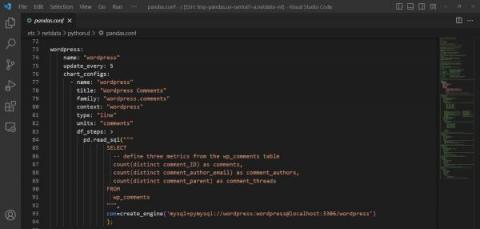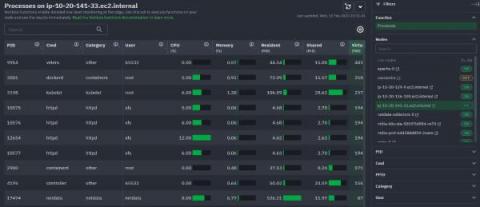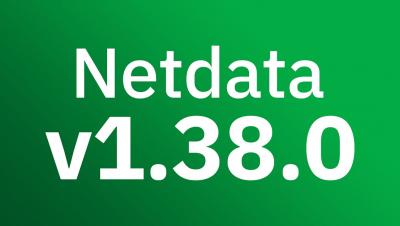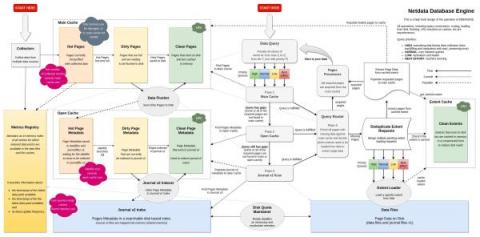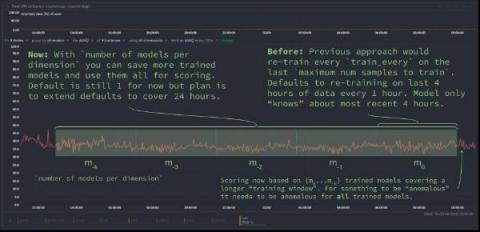Monitor any SQL metrics with Netdata (and Pandas )
We recently got this great feedback from a dear user in our Discord: This is great and exactly what we want, a clear problem or improvement we could make to help make that users monitoring life a little easier. This is also where the beauty of open source comes in and being able to build on the shoulders of giants - adding such a feature turned out to be pretty easy by just extending our existing Pandas collector to support SQL queries leveraging its read_sql() capabilities.


